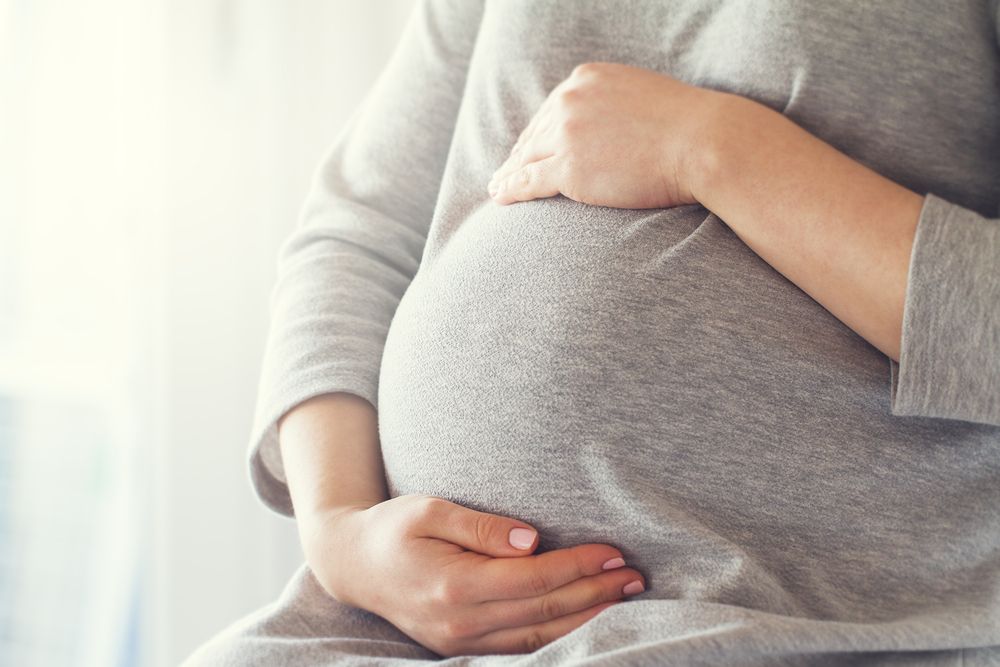Hypoparathyroidism and Pregnancy
Written by |

Hypoparathyroidism is a rare disorder in which the body cannot produce enough of an important hormone called parathyroid hormone (PTH). PTH controls calcium and phosphorus levels in the body by regulating how much calcium we absorb from our diet and how much we release from our bones during their breakdown. The disease can cause complications during and after pregnancy.
Can women with hypoparathyroidism become pregnant?
Pregnancy in women with hypoparathyroidism is rare, but it does occur. The risks of pregnancy in hypoparathyroidism to both the mother and the fetus mean that frequent monitoring and adjustments to medications may be necessary.
What are the risks during pregnancy?
Pregnancy requires enormous mobilization of calcium to support the growth of the fetus. If you already have low blood calcium levels, the symptoms of your disease may become more severe. Pregnancy in women with hypoparathyroidism is associated with an increased rate of fetal loss and other illnesses in the mother.
What precautions should I take during pregnancy?
As soon as one week into pregnancy, your blood calcium and albumin levels should be tested. (Albumin is an important protein in the blood that binds to calcium). Depending on your circumstances, your doctor may recommend weekly testing throughout your pregnancy. They may need to adjust your medications to ensure that your blood calcium levels remain normal.
What happens after my baby is born?
Discuss with your doctor whether you will be able to breastfeed your baby. Producing milk requires large amounts of calcium, so you may need to change your medications and supplements following pregnancy. Your doctor may need to monitor you for several months after giving birth.
Doctors also may need to screen your baby for hypoparathyroidism and abnormalities in his or her PTH, calcium, and phosphorus levels for some time after birth. If your calcium levels were too low during pregnancy, your baby’s bones can be weak, leading to developmental problems, which doctors also need to monitor.
Last updated: June 12, 2020
***
Hypoparathyroidism News is strictly a news and information website about the disease. It does not provide medical advice, diagnosis, or treatment. This content is not intended to be a substitute for professional medical advice, diagnosis, or treatment. Always seek the advice of your physician or other qualified health provider with any questions you may have regarding a medical condition. Never disregard professional medical advice or delay in seeking it because of something you have read on this website.




